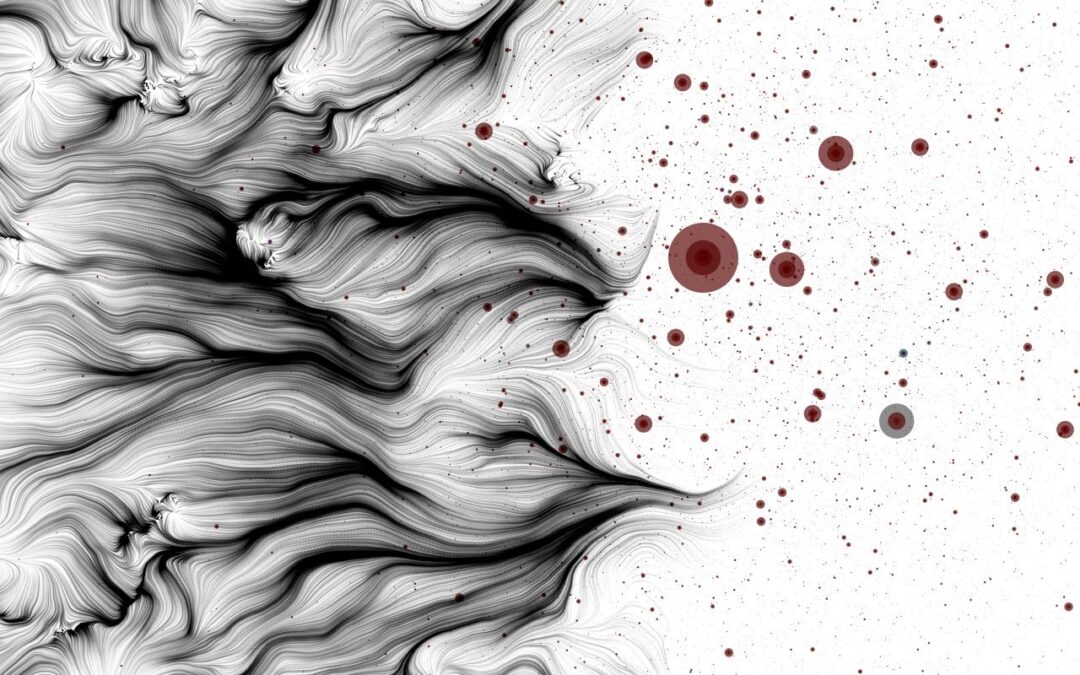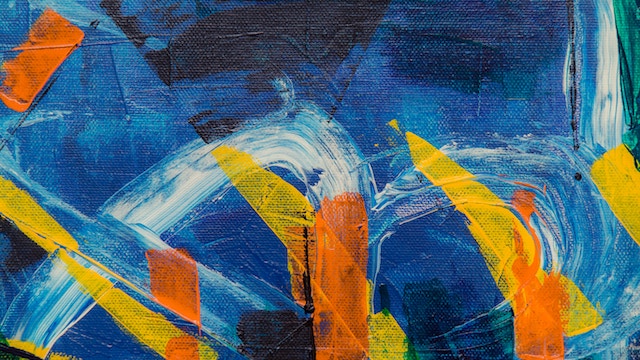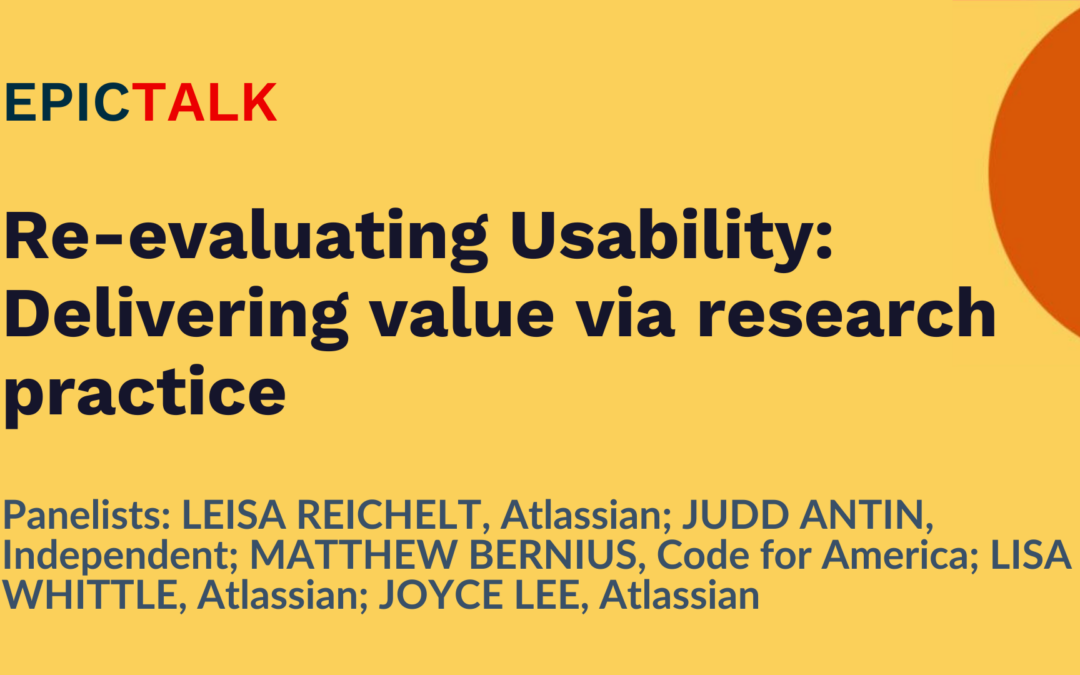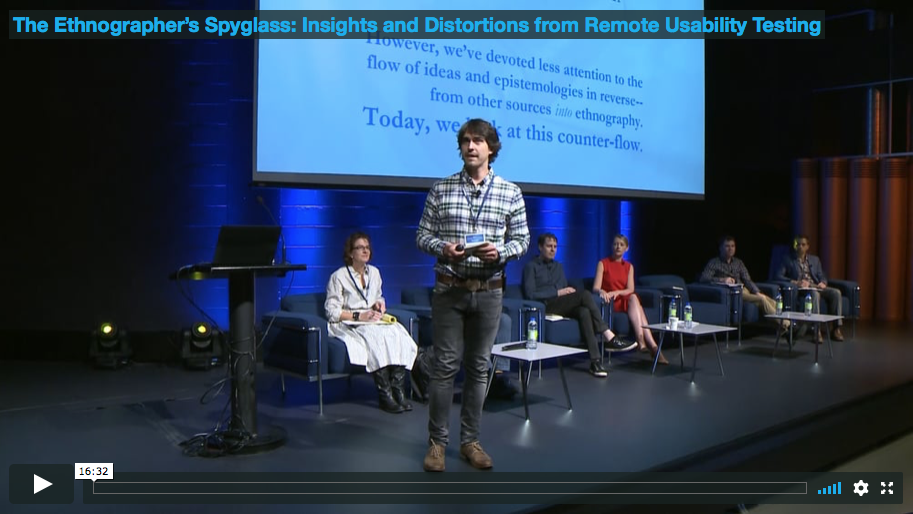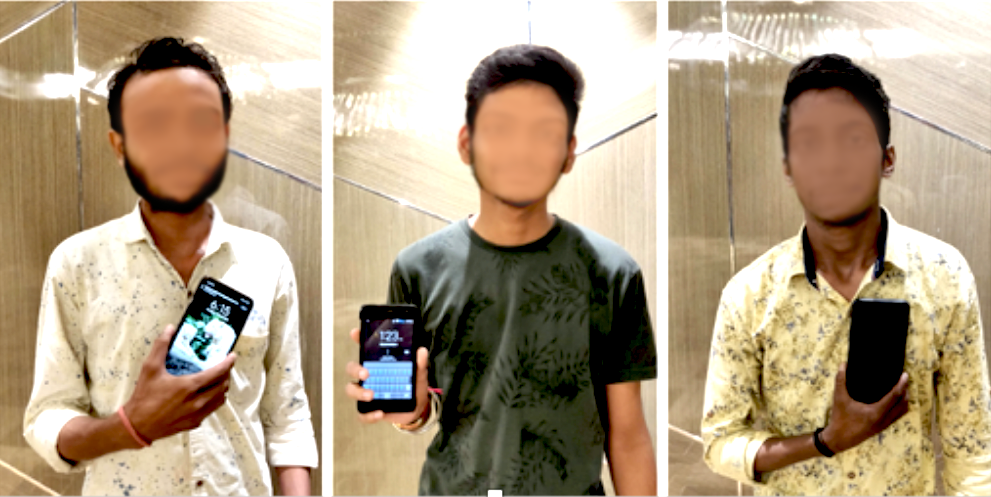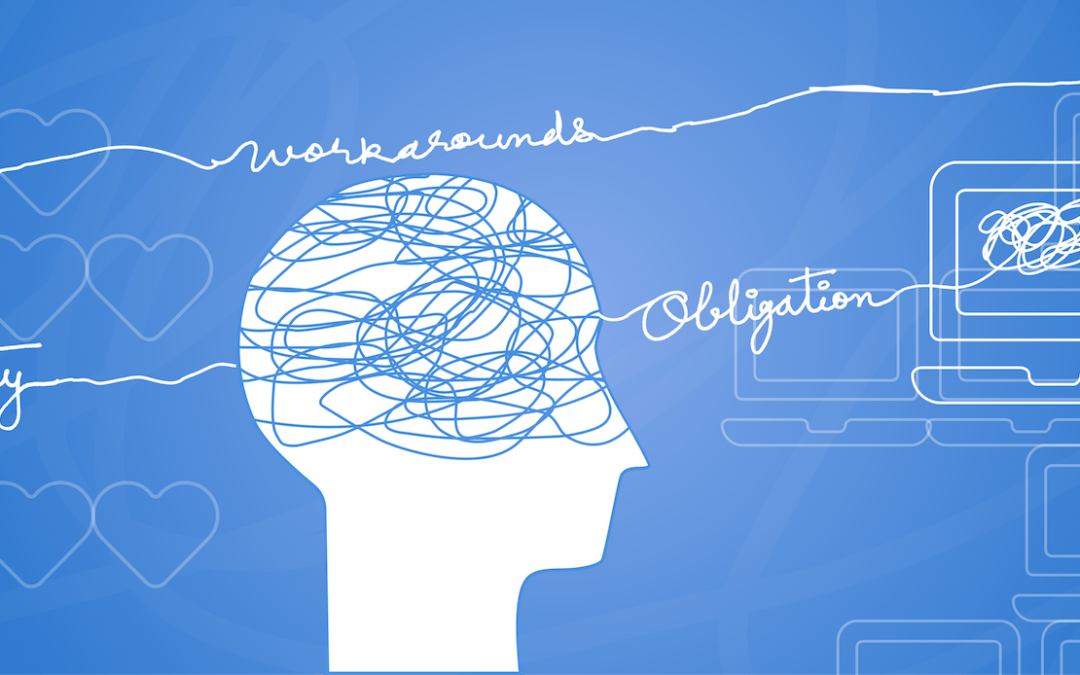Application Programming Interfaces, commonly known as APIs, connect the front-end interfaces we see when we navigate the internet (like websites and apps) to the back-end systems, or databases, that store information. APIs enable people to carry out transactions online, like purchasing goods,...
